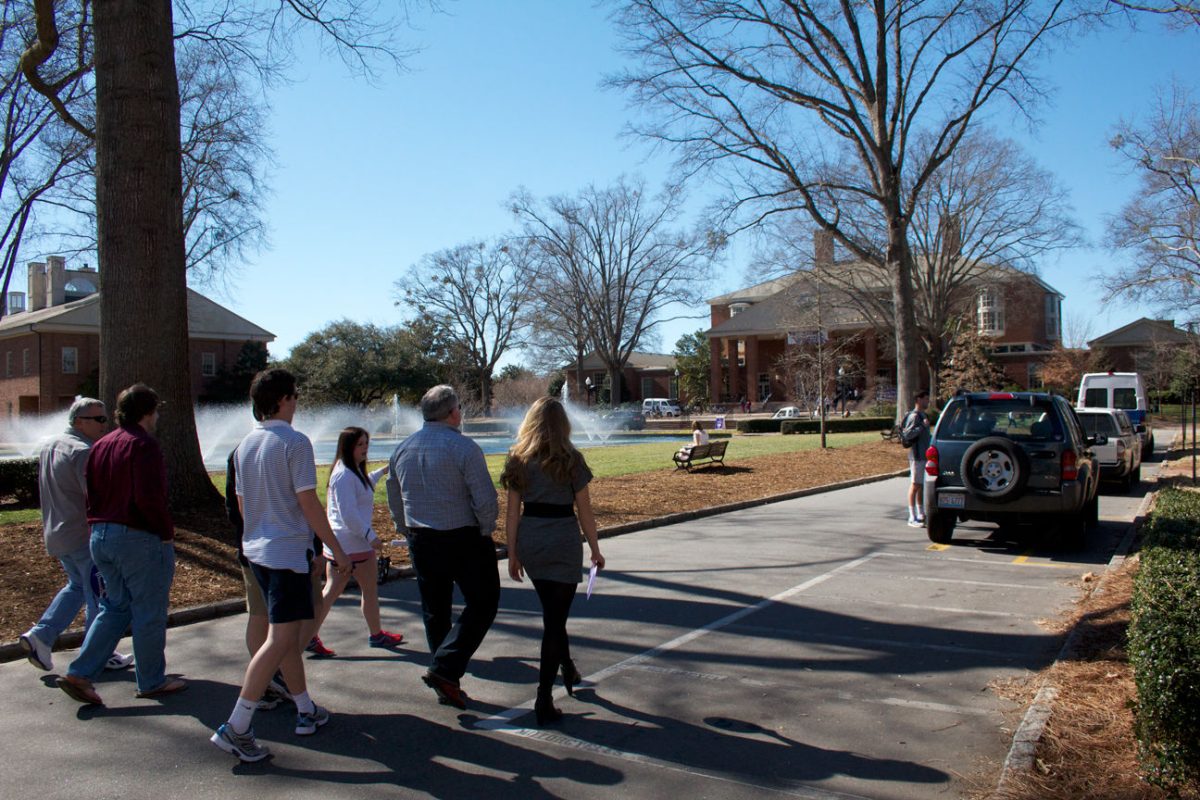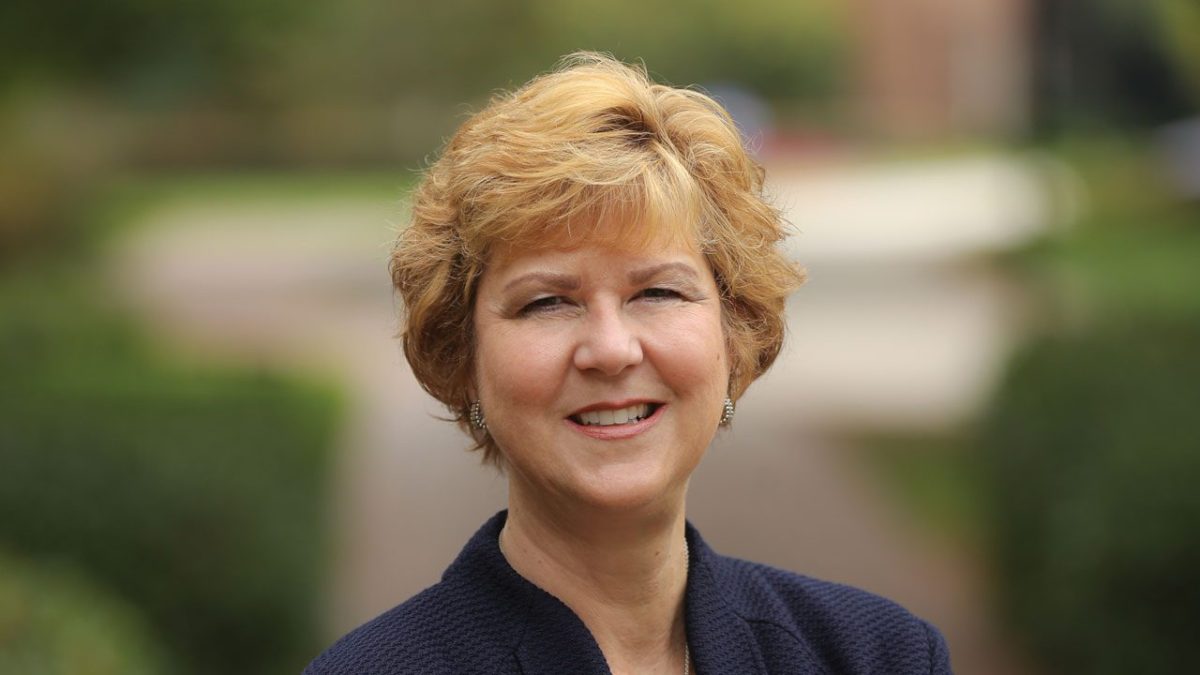
Photo courtesy of Bryan Betts
According to data from the Admission Office, the university received 23% fewer applications from prospective students this year from last year, a decrease that will likely increase the acceptance rate for the incoming class of 2018.
Associate Vice President for Admission Brad Pochard said the implementation of a $50 application fee and problems with the Common Application partially explained the decrease in applications, but he also sought to situate the decrease within the university’s recent history, arguing that leadership and policy changes had made it more difficult for Furman to distinguish itself in the college marketplace.
Pochard added that his office places less emphasis on the application rate and more emphasis on the yield rate — the percentage of students accepted to Furman who elect to enroll — since Admission Office must accept more applicants when the yield rate decreases to bring in the same number of students.
Furman’s yield rate has declined steadily since the economic downturn of 2008, a fact that Pochard said reflected the difficulty with which the university has sought to convince prospective students and their families to pay the steep cost of attendance.
“I think Furman is struggling a little bit with its value proposition,” he said.
A simple way to increase the yield rate is to offer more financial aid, Pochard said, noting a strong and direct correlation between the discount rate and the yield rate.
Yet offering more financial aid also decreases the university’s net revenue, and Pochard said that continuing to rely on financial aid to draw students is not a financially sustainable option. Just last year, for instance, the Board of Trustees approved a multi-million dollar financial aid stimulus that has contributed significantly to the university’s current budget deficit.
“[Increasing financial aid] doesn’t produce enough net revenue for the way of business we operate in,” he said.
The solution to the problem of decreasing yield rates, Pochard suggested, is not to increase financial aid but to do a better job of convincing prospective students of the value of a Furman education.
“We have to create the willingness for students to come to Furman and pay more,” he said, noting that schools like Duke University are able to draw more students who can pay full-tuition, in effect reducing the cost of attendance for other students in the form of increased financial aid.
The Admission Office recently surveyed guidance counselors and prospective students who decided not to attend Furman, and Pochard said the findings suggest that the instability of the last few years has made it more difficult for prospective students to identity whether Furman would be a good fit for them.
He noted that changes to admission strategy, such as the adoption of holistic and test-optional policies, and quick presidential turnover has made it difficult to benchmark against historical data and to plan more than a year ahead, and he said that the university needs to formulate a long-term plan to direct the institution’s priorities going forward.
Pochard said he does not know what direction President-Elect Elizabeth Davis will seek to take Furman, but he argued the university needs to recommit itself to the liberal arts — to “double down” on engaged learning like undergraduate research, the residential experience, and study away — in order to distinguish itself amongst other colleges.
“Let’s embrace what we’re good at and be the best at it,” he said.
Though hesitant to offer specific solutions, Pochard suggested that one way forward might take the form of guaranteeing internships to all students by building community and business partnerships, citing the university’s recent agreement with the Greenville Health System as one example of this approach. Such an approach, he said, would make a Furman education more valuable by helping students directly apply classroom learning towards a potential career.
For now, though, the Admission Office is focusing on convincing accepted students to attend Furman. Regular decision acceptance letters go out April 1, and Pochard said the university is planning to “roll out the purple carpet” at scholarship days in the coming months.
New approaches for this year include a short acceptance video that accompanies the acceptance notification and a personalized “P.S.” in the actual acceptance letter mentioning something specific from the student’s application. The recent selection of President-Elect Davis has also become a selling point for the university.
Pochard said the applicant pool, while smaller this year, is one of the strongest he’s seen in terms of academic accomplishments during his time at Furman. The strength of the class, he said, will make it a challenge for Admissions to increase the yield rate since prospective students will be able to weigh competing offers from several schools.
“That’s kinda where we are,” he said.



























